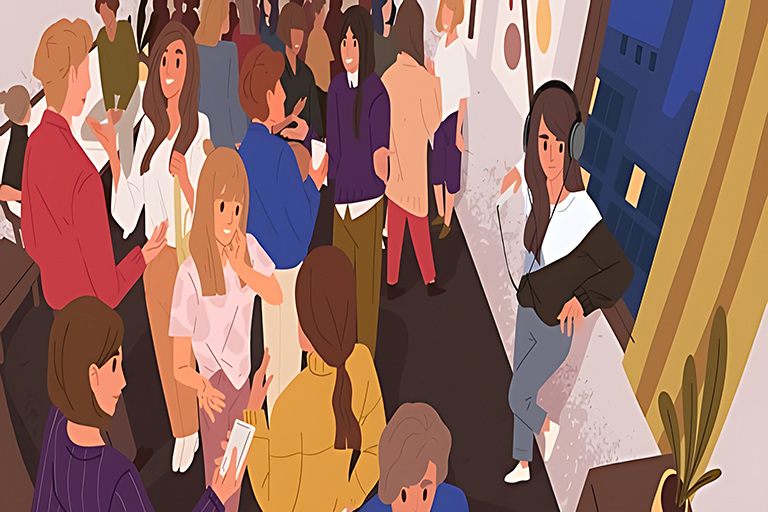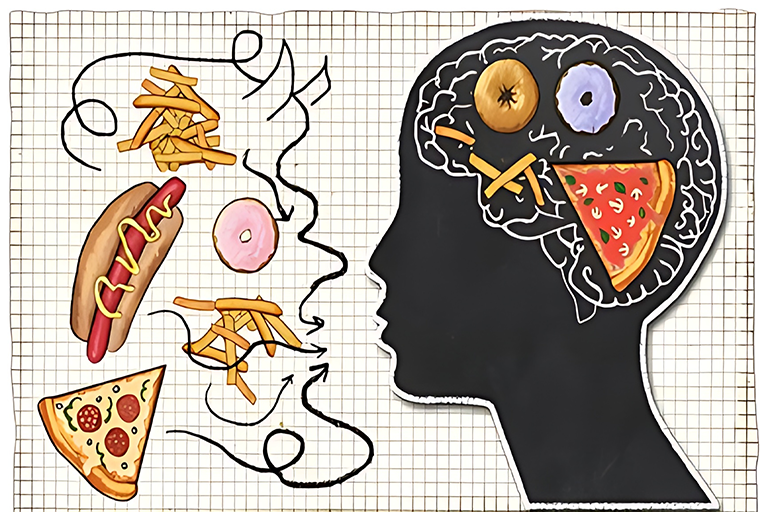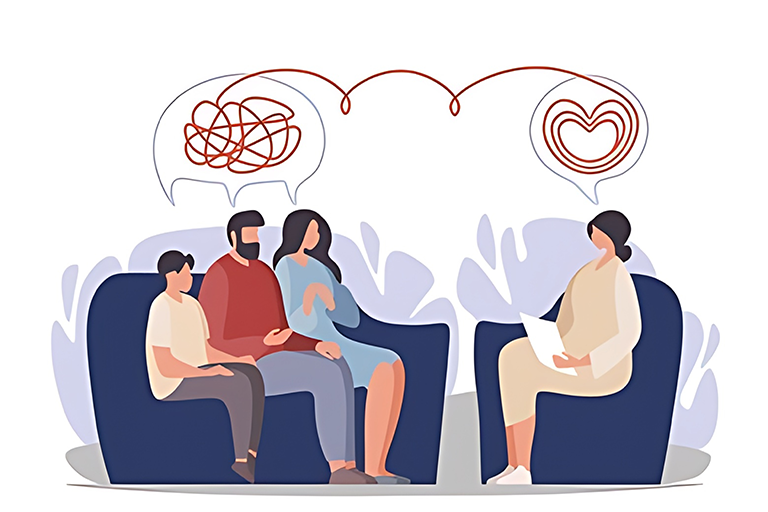Social Anxiety: A Hurdle To Interactions
Social anxiety, often termed social phobia, is an intricate emotional landscape where fear and self-doubt converge in the area of social interactions.
Individuals grappling with social anxiety experience an intense apprehension about being judged, scrutinized, or negatively evaluated by those around them. Everyday scenarios, from giving a presentation or chatting at a party to meeting new people, can evoke overwhelming anxiety within them.
Social anxiety can be a significant challenge for many individuals. Cognitive Behavioral Therapy (CBT) offers a range of practical exercises to help manage and alleviate the distress it causes. These exercises empower individuals to confront their social anxiety and gradually build confidence in social situations.
Here are the symptoms of social anxiety presented:
– Excessive worry about social situations.
– Fear of being judged or evaluated by others.
– Avoidance of social situations or enduring them with discomfort.
– Physical symptoms like sweating, trembling, or a racing heart.
– Negative self-evaluation and low self-esteem.
– Anxiety that starts before the actual social event.
– Avoiding eye contact in social situations.
– Difficulty speaking or voice quivering in social interactions.
– Trembling or shaking when under social pressure.
– Mental blocks and difficulty articulating thoughts.
– Overanalyzing social interactions after they occur.
– Isolation and withdrawal from social life.
If you or someone you know experiences these symptoms, seeking help from a mental health professional is important for effective management and support.
Before we know about the exercises, it’s essential to understand what social anxiety is and how CBT for social anxiety can be helpful.
Social anxiety, often referred to as social phobia, involves an intense fear of social situations and a fear of being negatively judged or evaluated by others.
CBT is particularly effective in treating social anxiety because it focuses on identifying and changing irrational thought patterns and behaviors associated with social fear.
Let’s explore some effective CBT exercises tailored to address social anxiety.
Practical CBT Exercises for Managing Social Anxiety
Identifying Negative Self-Talk:
Start by recognizing the negative self-talk that accompanies social anxiety. Pay attention to the thoughts that emerge when you anticipate social interactions. These thoughts are often overly critical or catastrophizing. For example, you might think, “I’ll embarrass myself” or “People will think I’m weird.”
The ABCDE Model:
Use the ABCDE model to analyze your social anxiety:
– A (Activating Event): Identify the social situation that triggers your anxiety, such as a party or a presentation.
– B (Belief): Recognize the beliefs associated with this event, like “I’ll mess up” or “Everyone will judge me.”
– C (Consequence): Note the emotional and behavioral consequences of these beliefs. Social anxiety may lead to avoidance, nervousness, or panic.
– D (Disputation): Challenge these beliefs by asking yourself if there’s real evidence to support them. Are there times when you’ve done well in social situations? What’s the worst that could happen, and how likely is it?
– E (New Effect): After disputing these beliefs, evaluate how your emotions and behaviors change. You may find yourself feeling less anxious and more willing to engage in social activities.
Exposure Therapy:
Gradual exposure to feared social situations is a cornerstone of CBT for social anxiety. Create an anxiety hierarchy, ranking social situations from least to most anxiety-inducing. Start with the least anxiety-provoking situations and work your way up. Repeated exposure helps desensitize you to social fears and builds confidence.
Role-Playing:
Engage in role-playing exercises with a trusted friend or therapist. Simulate social scenarios that trigger your anxiety, allowing you to practice social skills and become more comfortable with potential challenges.
Relaxation Techniques:
Learn and practice relaxation techniques such as deep breathing, progressive muscle relaxation, or mindfulness meditation. These exercises can help reduce the physical symptoms of anxiety, such as a rapid heartbeat and sweating, in social situations.
Social Skills Training:
Improve your social skills by attending workshops or seeking guidance from a therapist. Enhancing your ability to initiate and maintain conversations, make eye contact, and read social cues can boost your confidence in social interactions.
Self-Compassion Exercises:
Social anxiety often involves harsh self-criticism. Practice self-compassion by treating yourself with the same kindness and understanding you would offer to a friend. Write down self-compassionate statements to counter self-criticism.
Gradual Goal Setting:
Set achievable social goals that align with your personal growth. Start with smaller, manageable goals like attending a social gathering for a short time, and gradually increase the challenge as you become more comfortable.
Cognitive Restructuring:
Challenge cognitive distortions commonly associated with social anxiety, such as mind-reading (assuming you know what others are thinking about you) or fortune-telling (predicting negative outcomes). Replace these distortions with more rational and constructive thoughts.
Managing social anxiety is a gradual process and cannot be changed overnight. These CBT exercises for social anxiety are tools to help you build confidence and reduce anxiety in social situations.
The more you interact with people without paying attention to what they think about you, the world may be a bit more interesting than you thought!
Learn more: Mental Health Awareness
& Know about Your Confidant
Bijoylaxmi Das, Mental Health Blogger, Your Confidant





